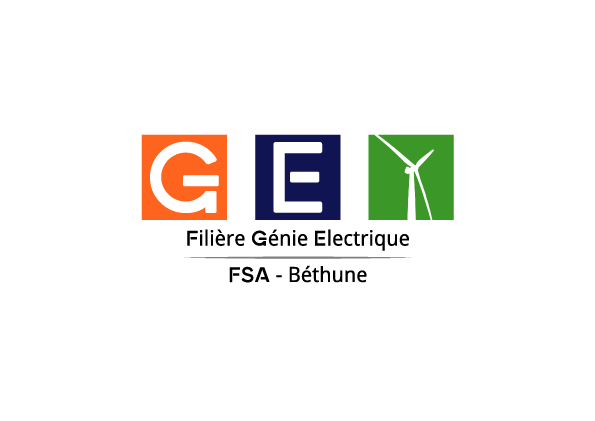International Master : Electrical Machine Metrology and Electromagnetic Phenomena” (MeMaPE)
Description
This option of second year of Master concerns, on the one hand, the measurement techniques of the physical quantities associated with electrical machines, but also on the other hand, the modeling of their complex electromagnetic phenomena.
The aim is to train electrical engineers able to understand electromagnetic phenomena tied to electrical
machines as transformers and rotating machines. After the master they will be able to prepar
a doctoral thesis or to work in industrial environment about electrotechnical and energy
problems. This option, strongly focused on the skills of the reseach lab LSEE, is particularly adapted before a PhD thesis. The courses may be in English to facilitate the insertion of foreign students.
Skills: Dimensioning of magnetic circuits and electrical insulation systems of transformers and rotating machines, measurements of electromagnetic quantities, modeling by finite elements, research.
You can contact Stephane Duchesne by email stephane.duchesne@univ-artois.fr
- Develop energy balances, energy metering systems,
- Appreciate environmental impacts of industrial systems
- Design electrical machines as transformers or rotating machines
- Choose adequate electric and magnetic materials to design electrical machines
- Manage energy production machines
- Manage electrical energy consumption
- Use numerical measurement systems
- Use predictive maintenance and diagnosis tools
- Measure complex phenomena on electrical machines in a wide range of power
The teachings are separated into 2 separate semesters. The first semester starts at the beginning of September and ends in February. The 2nd semester is a laboratory research internship. In July take place the defenses.
Students have at least 2 written tests and an oral or practical score in each teaching unit. Each Teaching Unit is associated with ECTS credits valid in all European universities.
Semester 3
Teaching Units (From September to February):
UE 3.2: Energy management and environmental footprint
– Life cycle assessment
– Energy management in buildings
– Standarts in energy management
– Energy transition, economic issue
– Energy efficiency of electrical drives
6 ECTS
UE 3.3: Materials for Electrical Engineering
– Microscopic structure of magnetic materials
– MagneticAlloys
– Estimated losses in magnetic materials and characterization tools
– Usual insulation materialsElectrical machinery
– Three-phase transformer
– Special transformers
– Switched reluctance reluctance: from the double saliency to the stepping motor
– Technology and operating of brushless machines
– General construction of a modern turbo-alternator
– New standards for energy efficiency
5 ECTS
UE 3.4: Control of electrical drives
– Symmetrical components
– Space phasor approach
– Energy and co-energy
– Harmonic torques
– Vector control of induction and synchronous machines
5 ECTS
UE 3.5: Machine metrology
– Signal acquisition
– Power measurements
– Electrical and mechanical losses
– Thermal measurement
– Discharge phénomena
– Maxwell equations and eletromagnetic phenomena
– FE method for phenomena knowledge
– Equivalent diagram models
– Model of motor toothing effects
– Bibliographical research and analysis of scientific papers : 20 hours of personal work
6 ECTS
UE 3.6: Diagnosis and predictive maintenance
– General principles for industrialequipment maintenance
– Sensors and acquisition systems
– Diagnosis of electrical machinery
– Vibration diagnosis, introduction to acoustic measurements
– Largemachine electrical insulation Monitoring
4 ECTS
UE 3.7: Digital Measurement Systems
– concepts on signal acquisition
– Interface with measuring devices
– Presentation of various software SolutionsLabview core1 &labviewcore 2 (NI certicification)
4 ECTS
Semester 4
Teaching Units (From February to July):
UE4.1: Training period, research project
10 ECTS
UE4.2: Training period in research lab or industry
20 ECTS
